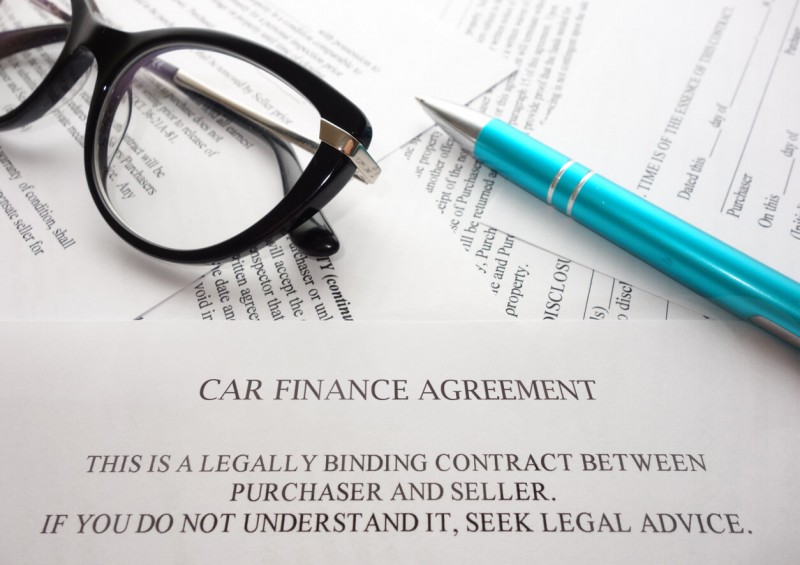PCP, HP and PCH: Car Finance Options Explained

Deciding on the best way to finance your car can be a little difficult, but at Complete Leasing, we are on hand to provide more information and advice regarding the best leasing options and car finance deals available for you.
Contact us today to speak to one of our expert advisors or keep reading to get a better idea of the various ways to finance a car with us.
Hire Purchase (HP) Explained
If you’d like to buy a car and spread the cost out over a few years, then you may look into a hire purchase (HP) agreement (see our gull guide - What is Hire Purchase?).
After choosing the car you want, you will pay an initial payment. Once this is paid, you will continue paying off the entire value of the car with monthly instalments.
This can last between one and five years - just note that the longer the contract, the more interest you will have paid by the end.
Once the contract ends and everything has been paid off, you are the official owner of the vehicle.
Here are the pros and possible cons of hire purchase:
Hire Purchase Pros |
|
Hire Purchase Cons |
|
People tend to choose HP if they are certain they want to keep the car after the contract finishes, even the option to hand back the car at the end is available.
If you’re unsure about whether you will want to keep it, perhaps this option isn’t the best one for you. Read our complete guide on hire purchase for a more detailed explanation of what the agreement is, or contact us today to find out about the best car hire purchase deals.
Personal Contract Purchase (PCP) Explained
PCP is more of a flexible finance option when it comes to buying a car. As with HP, you pay an initial deposit and then continue to pay monthly instalments. However, the main difference is that you are paying off the car’s depreciation.
Depreciation is the predicted value of the car at the end of the contract – generally, cars lose about 60% of their value within the first three years. For more information, see our useful guide Depreciation Explained.
With PCP, you will be paying the difference between the original value and the depreciation value – also known as the guaranteed future value (GFV). For example, if you sign up to a PCP with a car costing £20,000 that has a GFV of £12,000, you will pay off the difference - £8,000 – in monthly instalments.
At the end of the contract, you have three options:
-
If you want to keep the car, you can buy it by paying a balloon payment – this is the GFV. In the example above, you would pay £12,000.
-
You replace it - get a new model and start a new contract.
-
You can give it back to the finance company and walk away.
Here are the general pros and cons of PCP:
PCP Pros |
|
PCP Cons |
|
If you’d like flexibility with your plan, then PCP could be the right option for you - it really depends on the car and your financial situation.
For more detail on how PCP works, see our full guide here or contact us today to find out more about the best deals for you.
PCP vs HP
To summarise the main differences between PCP and HP – generally, you would sign up for PCP if:
- It is important to pay lower monthly instalments.
- You’re not sure what you would like to do at the end of the agreement.
- You’ve compared it with an HP deal, and there is a bigger manufacturer deposit contribution and a lower interest rate with the PCP deal.
Or you would go with an HP agreement if:
- You are sure you want to keep the car once the contract has finished.
- Higher monthly payments aren’t a problem.
- You’ve had a look at other options like PCP and PCH (see below) and HP works out to cost you less overall.
Contact us today, obligation-free, and we can confirm what option is best for you.
Personal Contract Hire (PCH) Explained
PCH is like a long-term car rental. You lease the car for an agreed term (usually anything between one and five years) by paying an initial deposit followed by monthly payments.
When the contract ends and you've made all your payments, you simply return the car. You never own it and there is no option to buy it at the end, unlike with PCP.
The pros and cons of a PCH:
PCH Pros |
|
PCH Cons |
|
When comparing PCP vs PCH, the main difference is that with PCH you don’t have the flexibility of buying the car at the end of the contract and you are not paying the depreciation value over the term – you are simply hiring it for a fixed period and handing it back to the finance company when the term finishes.
For more detail on PCH, see our full guide here, or contact us today for advice from our expert advisors.
The Best New Car and Finance Deals in the UK
At Complete Leasing, we understand that deciding on the right finance option can be tricky. Contact us today to let us know the car you’re interested in and let us do the rest for you.
Our advisors are experts in vehicle leasing and car finance, so you can trust us to find the best options available for you. We take into account your needs and circumstances so that you get the best deal possible.




































